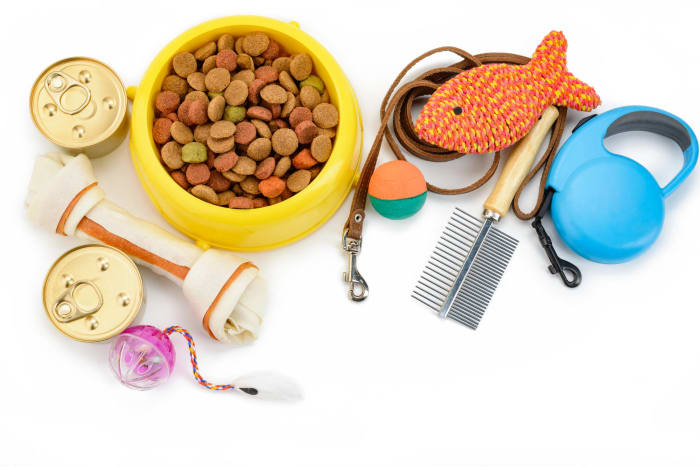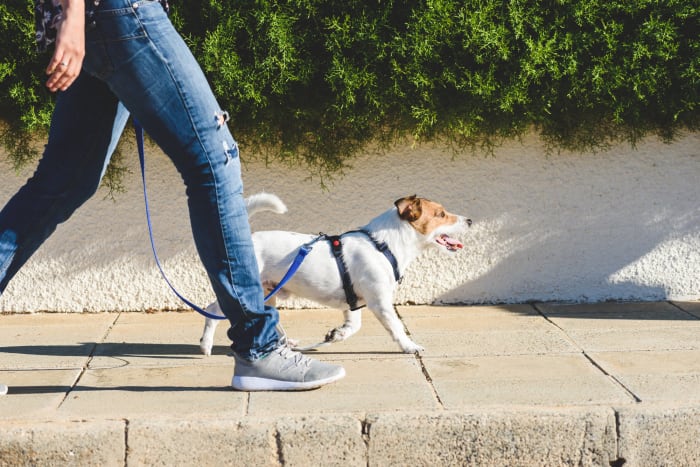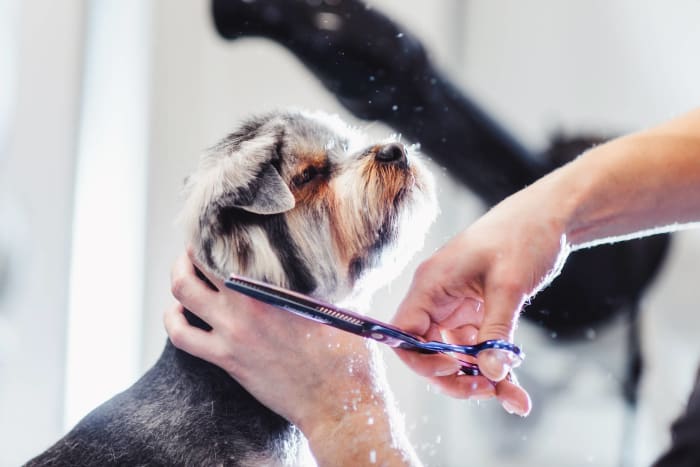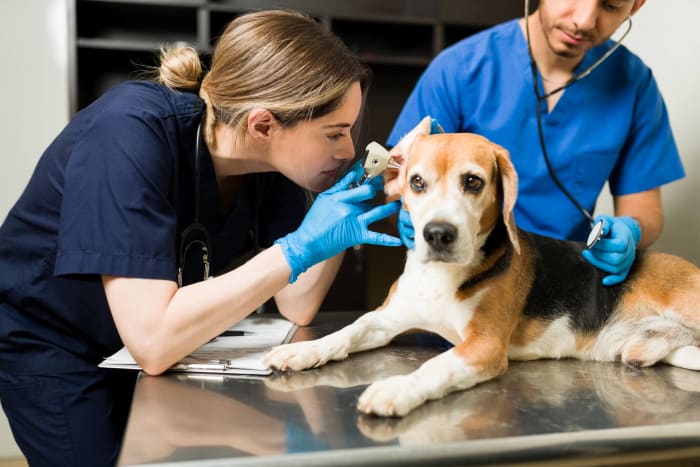x

Shutterstock
New pet owner? Here are 18 essential tips for first-time animal parents
Getting a new pet is a seriously exciting time, but it's also fraught with tons of questions — especially if you've never owned a dog or cat before. Preparing a little in advance will help ensure that you and your new pet can enjoy a comfortable, stress-free time, even when you're in the midst of potty training and teaching them how to sit.
New to the world of owning pets? Scope out these 18 essential tips for new pet owners, starting with what you need to do before even bringing home your new furry friend.
More must-reads:
- Bengals are in need of a major reset on defense
- Three wild statistics about the 2025 World Series you may not know
- The 'TDs from Josh Allen or Patrick Mahomes' quiz
Breaking News
Trending News
Customize Your Newsletter
 +
+
Get the latest news and rumors, customized to your favorite sports and teams. Emailed daily. Always free!


























